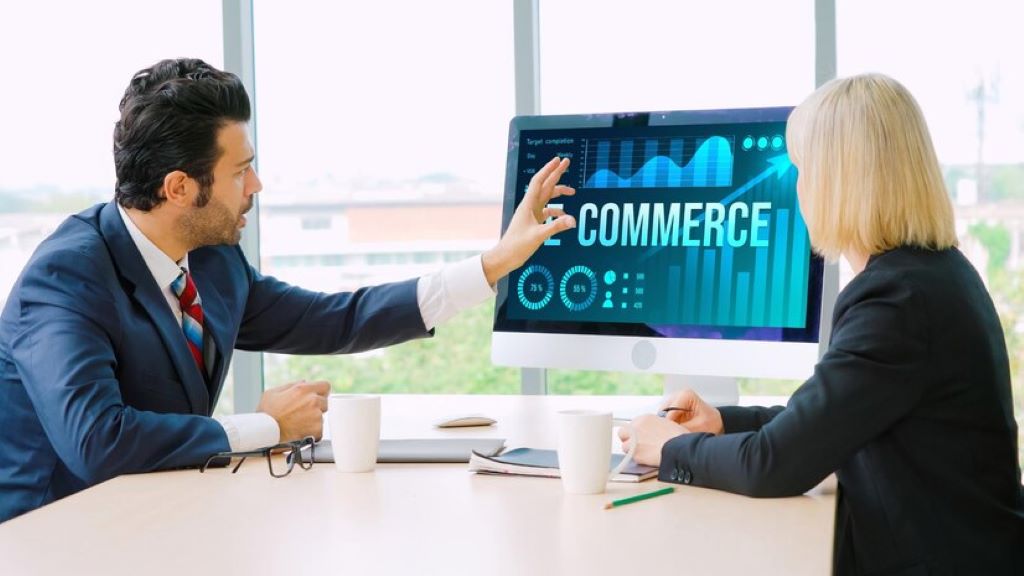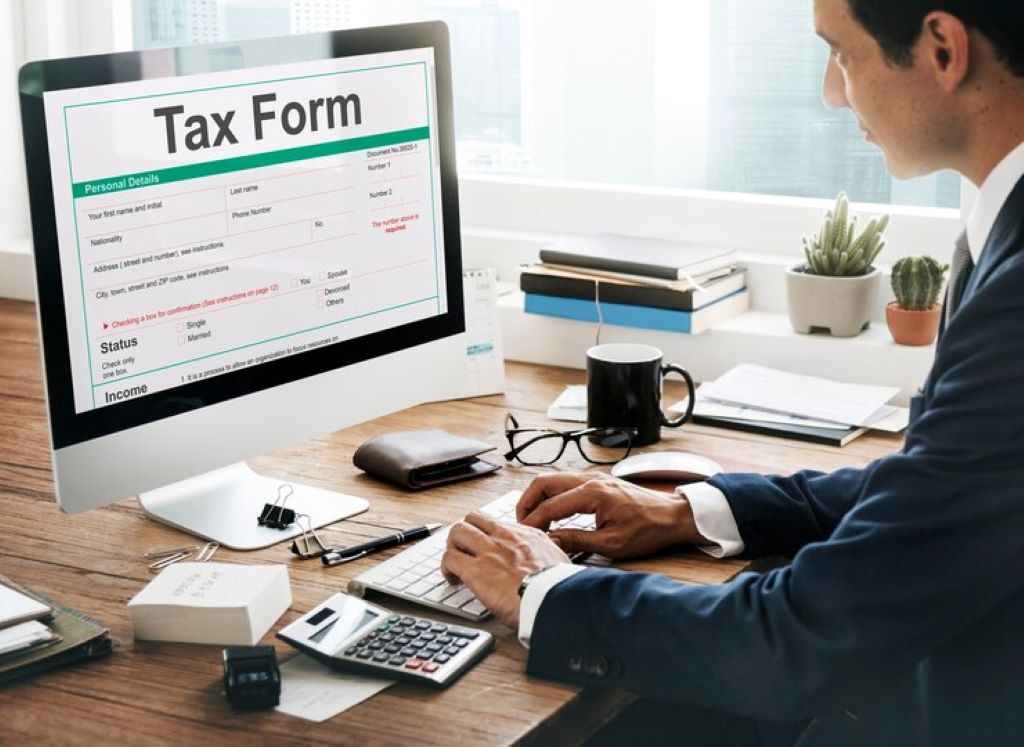
Webinars: How Technology is Reshaping Tax Planning?
In the modern-day virtual age, the era revolutionizing various elements of our lives, and Tax planning is no exception. With Webinars 2.0, a new generation has emerged, transforming the landscape of tax planning for individuals and businesses alike. This article explores the impact of the era on tax-making plans and the way Webinars are reshaping techniques in this essential financial domain.
The Evolution of Tax Planning
Tax webinars have revolutionized tax planning, simplifying a complex and time-consuming process, demanding meticulous attention to evolving tax laws. These webinars offer invaluable insights and expertise, empowering individuals and businesses to navigate tax regulations effectively
However, the virtual revolution has brought about sizeable modifications in the manner tax-making plans are conducted. The upward push of technology has paved the way for greater green, accessible, and streamlined techniques for tax management.
Role of Webinars
Webinars have long been a popular medium for disseminating information, facilitating getting to know, and fostering collaboration throughout numerous domain names. Webinars constitute the next evolution of this effective communique tool, leveraging superior technologies to supply an immersive and interactive experience to individuals.
Transforming Tax Planning
- Accessibility: One of the primary benefits of Webinars 2.0 is their accessibility. Unlike traditional seminars or workshops that require bodily attendance, Webinars 2.0 may be accessed from everywhere with an internet connection. However, people and businesses can participate in tax-making plans classes simply, without being limited by way of geographical barriers.
- Interactivity: Unlike pre-recorded webinars or static online tutorials, Webinars 2.0 provides actual interaction between presenters and contributors. Advanced capabilities such as stay polling, Q&A periods, and virtual breakout rooms allow energetic engagement and collaboration, enhancing the studying revel for attendees.
- Customization: Furthermore, addressing complex tax situations, supplying case studies, or providing personalized recommendations, presenters can customize content to supply the most value to attendees.
- Expertise Sharing: Webinars 2.0 facilitate the seamless sharing of understanding and understanding amongst tax specialists, enterprise professionals, and participants. These webinars foster a collaborative learning environment where best practices and revolutionary strategies can be exchanged, enriching the collective knowledge of tax-making plans concepts.
Best Practices for Hosting Tax Webinars 2.0
To maximize the effectiveness of Webinars 2.0 within the realm of tax planning, organizers need to adhere to the following exceptional practices:
- Engage the Audience: Encourage active participation via interactive polls, quizzes, and stay Q&A sessions to hold attendees engaged and attentive.
- Provide Actionable Insights: Focus on turning in practical guidelines, actionable insights, and actual international examples that individuals can observe in their tax planning endeavors.
- Stay Updated: Ensure that webinar content reflects the brand new modifications in tax laws, rules, and industry developments to offer participants correct and applicable statistics.
- Promote Accessibility: Make webinars on hand to a huge target market by supplying multiple scheduling options, providing closed captioning for hearing-impaired people, and ensuring compatibility with assistive technologies.
- Encourage Feedback: Solicit remarks from members to gauge their pride degrees, become aware of areas for improvement, and refine future webinar offerings as a consequence.
Leveraging Advanced Technologies
In addition to the overarching benefits highlighted above, Webinars 2.0 harness superior technology to in addition decorates the tax-making plans revel in:
- Artificial Intelligence (AI) Integration: AI-powered algorithms can analyze tremendous quantities of financial records. To pick out tax optimization opportunities, count on capability dangers, and provide personalized suggestions. During Webinars 2.0, presenters can show how AI tools can streamline tax planning processes. Result in enhancing accuracy, and optimize effects for people and organizations.
- Virtual Reality (VR) Simulations: VR technology permits members to immerse themselves in simulated tax situations. Offering a arms-on learning experience without actual-world consequences. However, navigating digital tax environments, attendees can advantage sensible insights into complicated tax standards, compliance necessities, and choice-making procedures. Leads to improving their comprehension and retention of important statistics.
- Blockchain for Transparent Tax Reporting: Blockchain era gives unheard of transparency and safety in tax reporting. Result in developing immutable records of monetary transactions. Moreover, Webinars can explore the potential of blockchain. That is primarily based answers for automating tax reporting, verifying compliance, and decreasing the threat of fraud or errors.
- Cybersecurity Measures for Data Protection: As tax-related statistics will become increasingly digitized. Cybersecurity will become paramount to safeguarding sensitive financial information from cyber threats. Therefore, webinars train members on nice practices for cybersecurity hygiene. Along with encryption protocols, multi-thing authentication, and steady facts garage practices.
Case Studies and Success Stories
- E-commerce business: An e-commerce business improved tax planning by implementing AI software after attending a Webinar 2.0. Furthermore, they learned how AI could analyze financial data, identify deductions, and optimize tax strategies, resulting in cost savings and enhanced efficiency.
- Real estate investment: A real estate investment firm refined tax planning using VR simulations from a Webinar 2.0. Moreover, experiencing different tax scenarios virtually, they gained insights to optimize portfolio management, minimize tax liabilities, and make informed investment decisions.

Conclusion
Webinars 2.0 represent a paradigm shift in tax making plans, leveraging superior technologies to supply immersive, interactive, and transformative studying stories. Additionally AI, blockchain, and cybersecurity measures, contributors can benefit precious insights, and optimize their tax techniques effectively.
With the evolution of era and its integration into tax making plans tactics, the possibilities for innovation and development are endless. Furthermore, navigate the virtual frontier of tax making plans, Webinars 2.0 function beneficial systems for information sharing, collaboration, and empowerment inside the pursuit of financial achievement and compliance.




